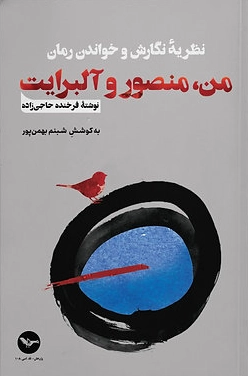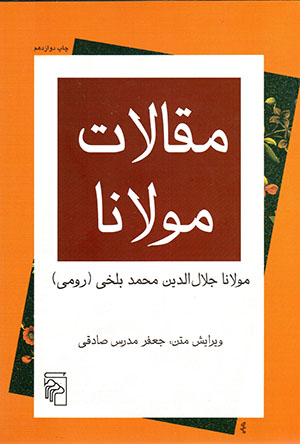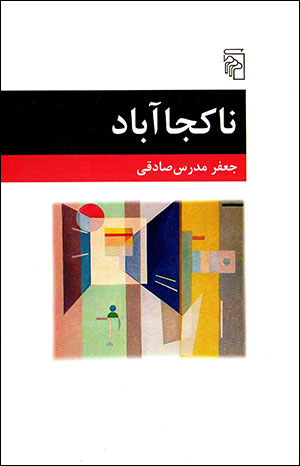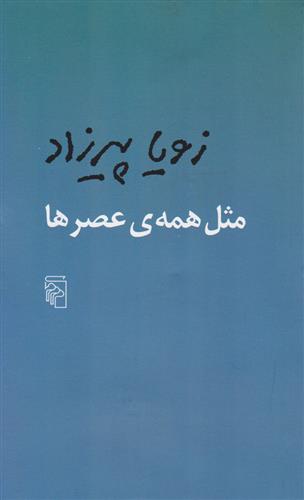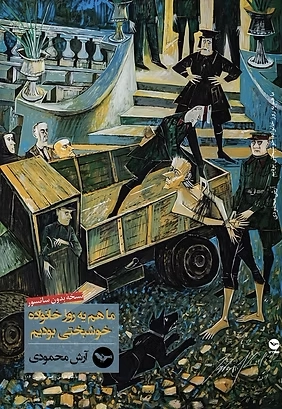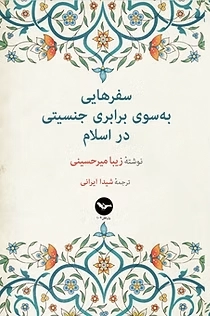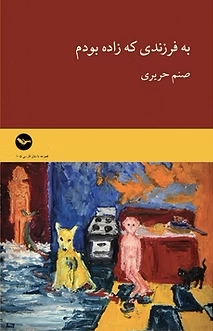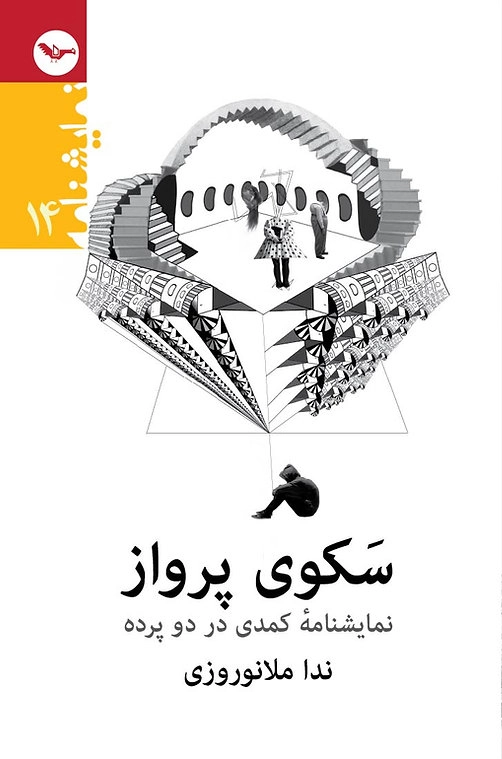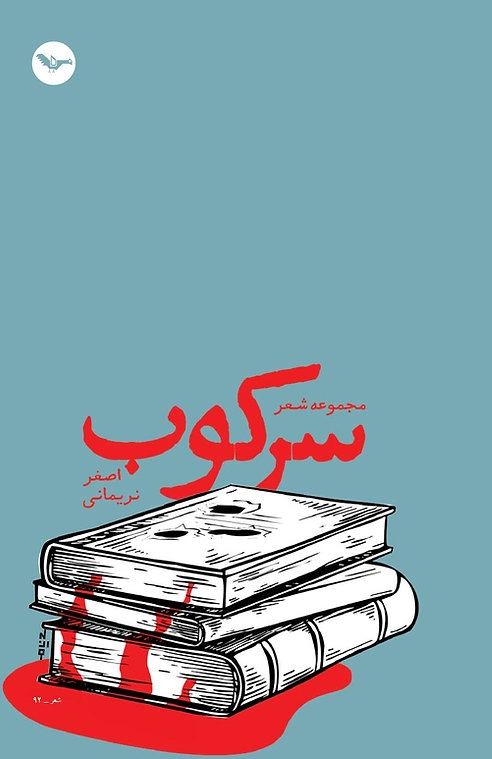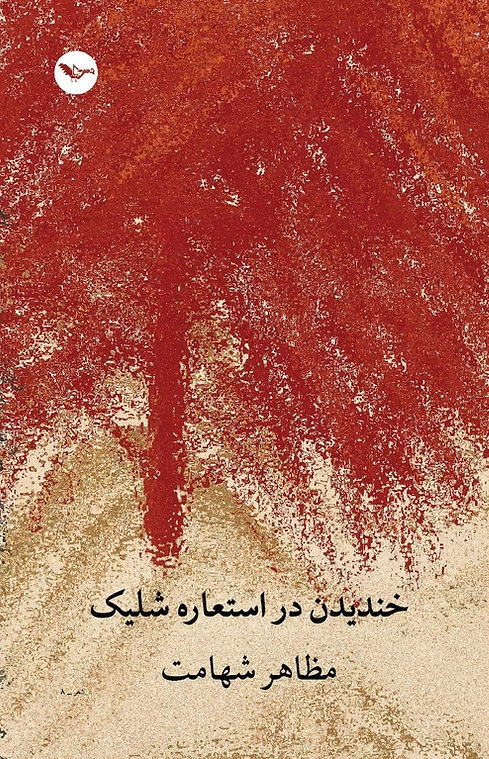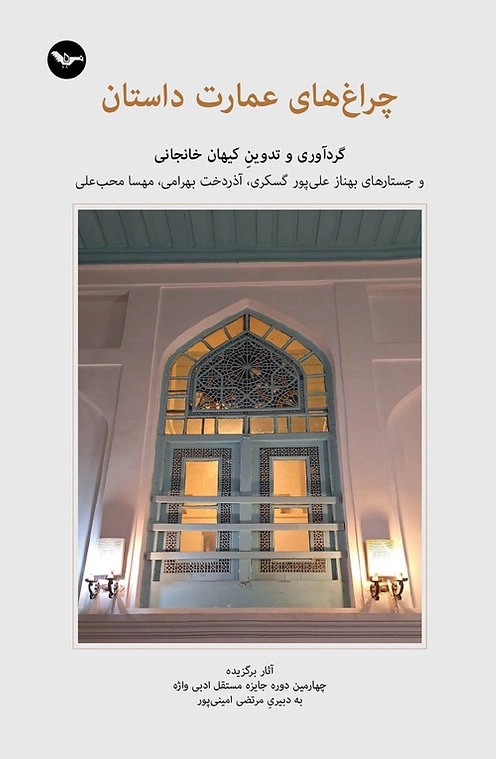نظریه نگارش و خواندن رمان من، منصور و آلبرایت الفارسية 1447
Naẓariyyah-yi nigārish va khvāndan-i romān-i Manṣūr va Ālbrāyṭ
Reza Baraheni says about the book:
Haji-Zadeh has, in fact, written the finest… book, because in cases of such murders, she portrays the events through a form of self-inflicted suffering (masochism) that Freud called “conscience-driven self-punishment.” She either narrates the scenes herself or presents the accounts of others, as if to gratify her own conscience for not having been fearful of the victims. At the same time, she guides society toward a kind of conscience-driven self-reflection on the unbearable suffering imposed upon it—suffering that is otherwise concealed, occasionally, in the silent tears at ceremonies or in private and social gatherings. Continuously, she lays upon the future generations—whose origin and arrival are uncertain—a burden of countless weights, as if to make them reckon with this inherited anguish.
رضا براهنی درباره کتاب می گوید:
حاجی زاده در واقع بهترین... کتاب را قلم زده، چرا که در قتلهایی از این دست، حاجیزاده از طریق نوعی خودآزاری (مازوخیسم) که فروید آن را «خودآزاری وجدانی» نام گذاشته، صحنهها را یا خود روایت کرده یا روایت دیگران را آورده انگار بیشتر از این نظر وجدان خود را تشفی دهد که چرا بیم مقتولان نبوده، و از سوی دیگر جامعه را به سوی خودآزاری وجدانی رهنمود بر رنج درد شفاناپذیری که بر جامعه تحمیل میشود، تنها با گریه خود در سکوت مراسم هر از چند گاهی و یا خانگی و محفلی سرپوش میگذارد، و مدام روز پنجاه... با هزاری لیتولعل به دوش آیندگانی که معلوم نیست از کجا نازل خواهند شد تلمبار میکند.

